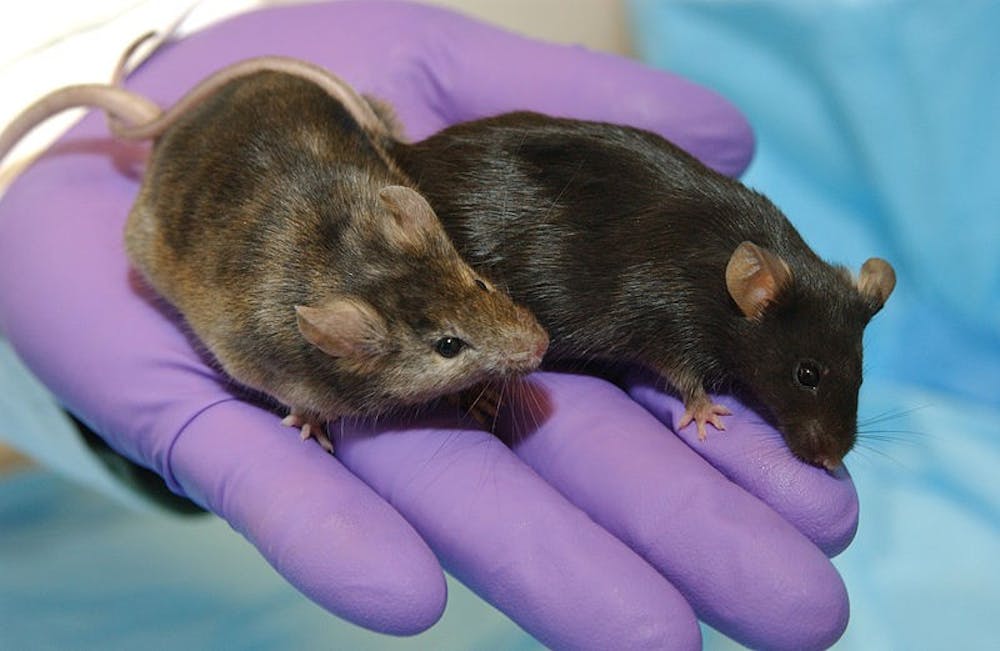The Bacon Diet. Believe it or not, there is an actual diet colloquially known as the Bacon Diet, and it may just stave off illness, help you lose weight, help you become stronger, give you more energy and help you live longer.
This eating plan does not consist of only bacon but rather many different high-fat foods with very limited carbs. This drives your body into what is known as ketosis, where the body shifts from using glucose as its main fuel source to burning fat to generate ketones for energy.
Ketogenic diets have been used for almost a hundred years — clinically, for the most part, since the 1920s to treat epilepsy, especially in kids. They have only grown in popularity in the past few years when people began to notice its amazing health benefits: everything from improving symptoms of Alzheimer’s and Parkinson’s disease and protecting the brain in cases of stroke and injury, to improving cardiovascular health and reducing the risk of cancer.
Most recently, however, studies at the University of California, Davis have found that the ketogenic diet can also help you live longer and retain a better quality of life.
In this study, a research team observed mice eating very specific diets with varying amounts of fats and carbs over the course of their entire lives, measuring their mental and physical abilities along the way.
The researchers separated mice into three different groups: the control group, which got 65 percent of their daily calories from fat, a low-carb group that ate 70 percent of their calories from fat and a ketogenic group that got 89 percent of daily calories from fat.
The calorie counts among these diets were kept the same to ensure caloric intake was not a factor in the study.
The reason for that was while restricted calories have been proven to slow the process of aging in mice, the main focus of this study was to determine if the proportions of macronutrients in a limited calorie diet would have any effect.
According to ScienceDaily, Jon Ramsey, the senior author of the paper, was surprised by the results they found.
“We expected some differences, but I was impressed by the magnitude I observed — a 13 percent increase in median life span for the mice on a high-fat vs. high-carb diet,” he said. “In humans, that would be seven to 10 years. But equally important, those mice retained quality of health in later life.”
The research team tested the mice in the study in a series of tests at 13 months and then again at 26 months to see how the effects of time and the diet changed not only their physical strength but also their mental acuity.
To test memory, the mice were put through a novel object recognition test. The mice on the ketogenic diet performed better than those on the low-carb and control diet.
To test their physical abilities, the mice had their grip strength evaluated by hanging on wires and by going through speed and rearing tests. In every evaluation, however, the mice on ketogenic diets showed that they retained greater physical fitness later in life.
One of the most promising inadvertent results of the study was the mice on the ketogenic diet had fewer tumors in their body upon death.
The link between ketogenic diets and cancer treatments has been somewhat established, and further clinical trials are being called upon to explore the correlation between the two. The ketogenic diet is hypothesized to affect cancer cells through glucose ‘starvation.’ This denies energy molecules to tumor cells which then inhibits their cell division rates.
Because the aging process in humans and mice is not that different at the molecular level, there is hope that the results of increased life span, mental acuity and physical ability will translate to human life as well.
“In this case, many of the things we’re looking at aren’t much different from humans,” Ramsey said to ScienceDaily. “At a fundamental level, humans follow similar changes and experience a decrease in overall function of organs during aging.”
Overall, this study indicates that there are multiple positive effects of this ketogenic “bacon” diet, ranging from cancer research to Alzheimer’s and even longevity.





